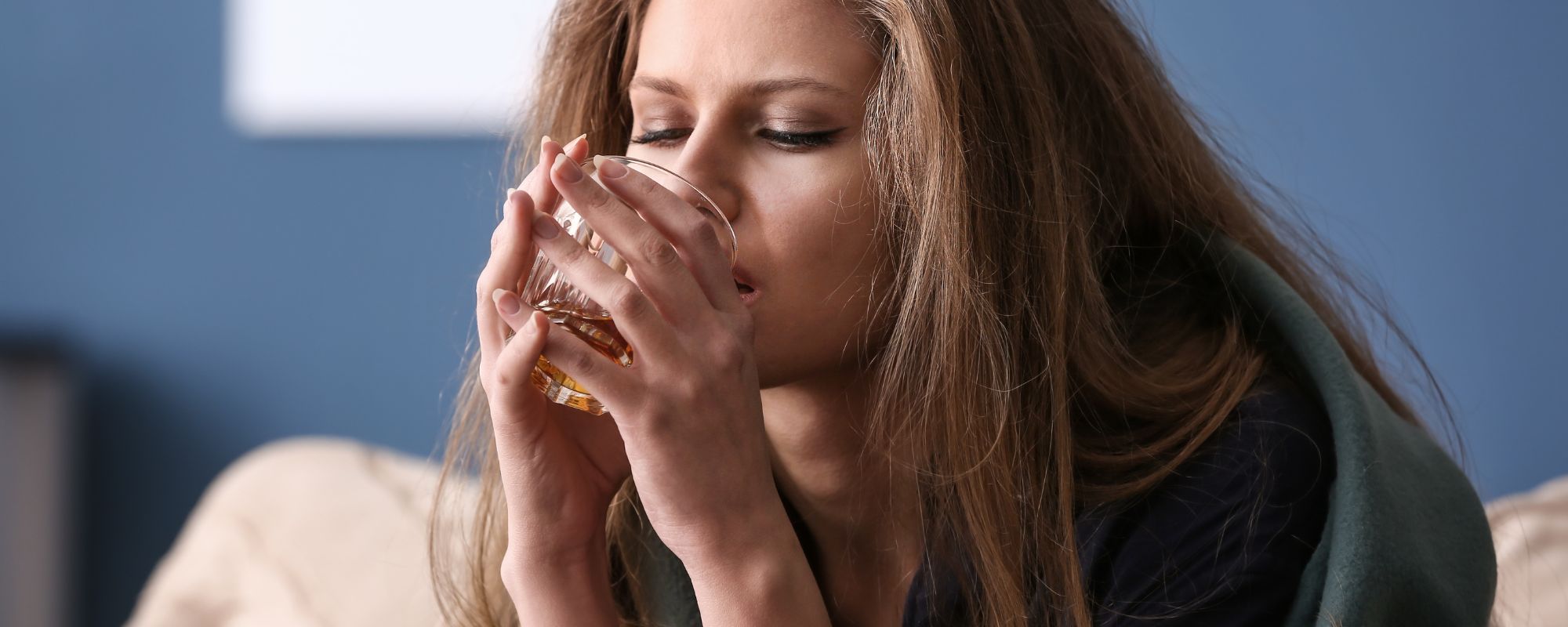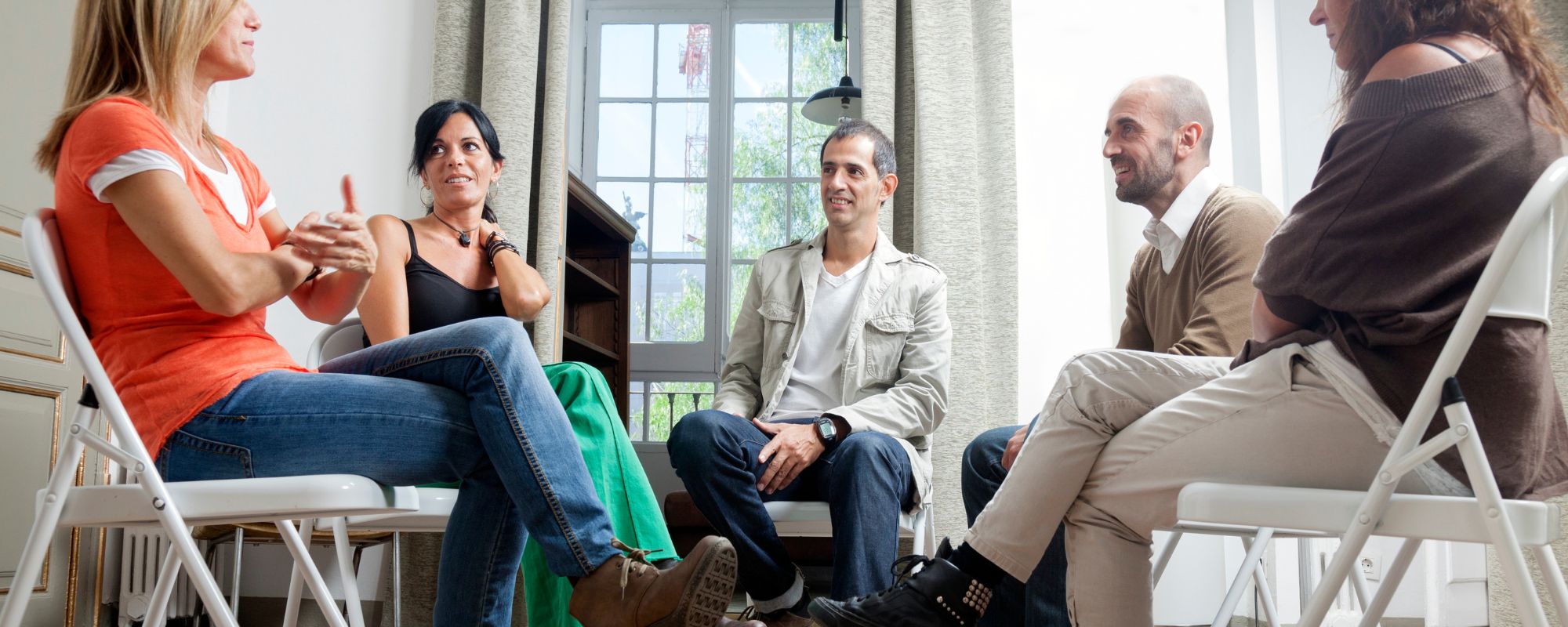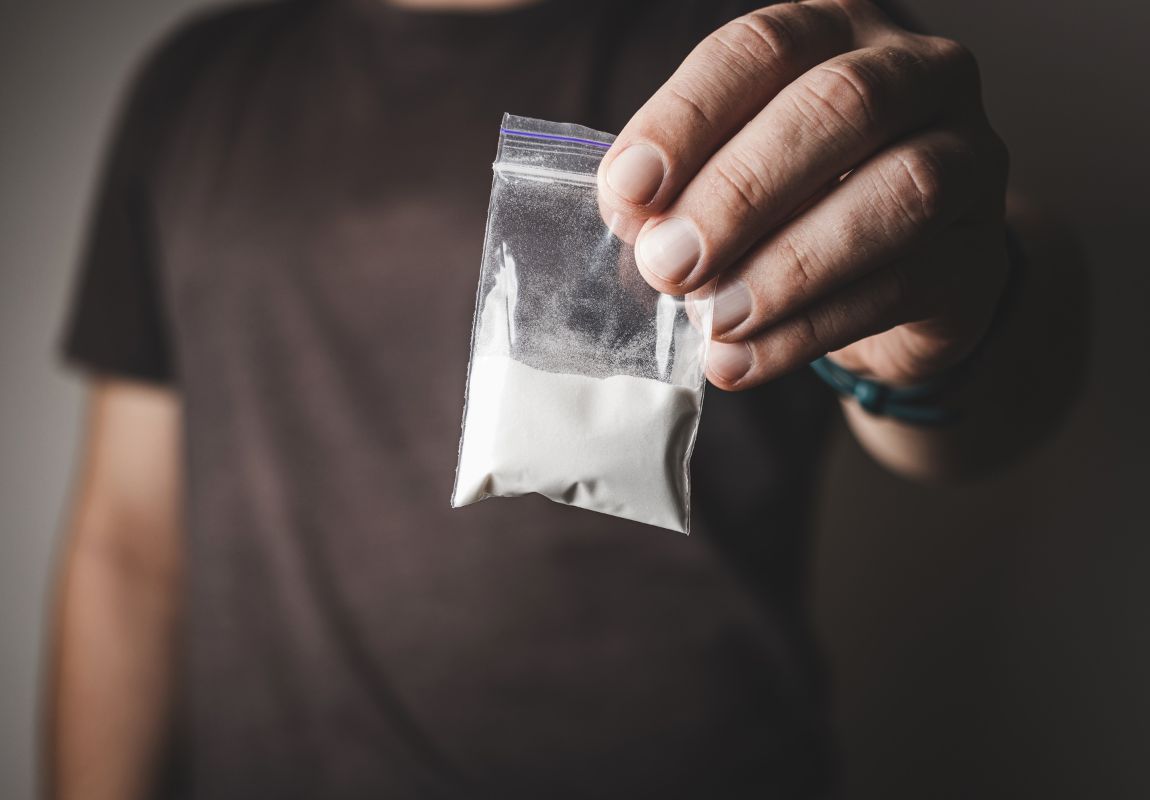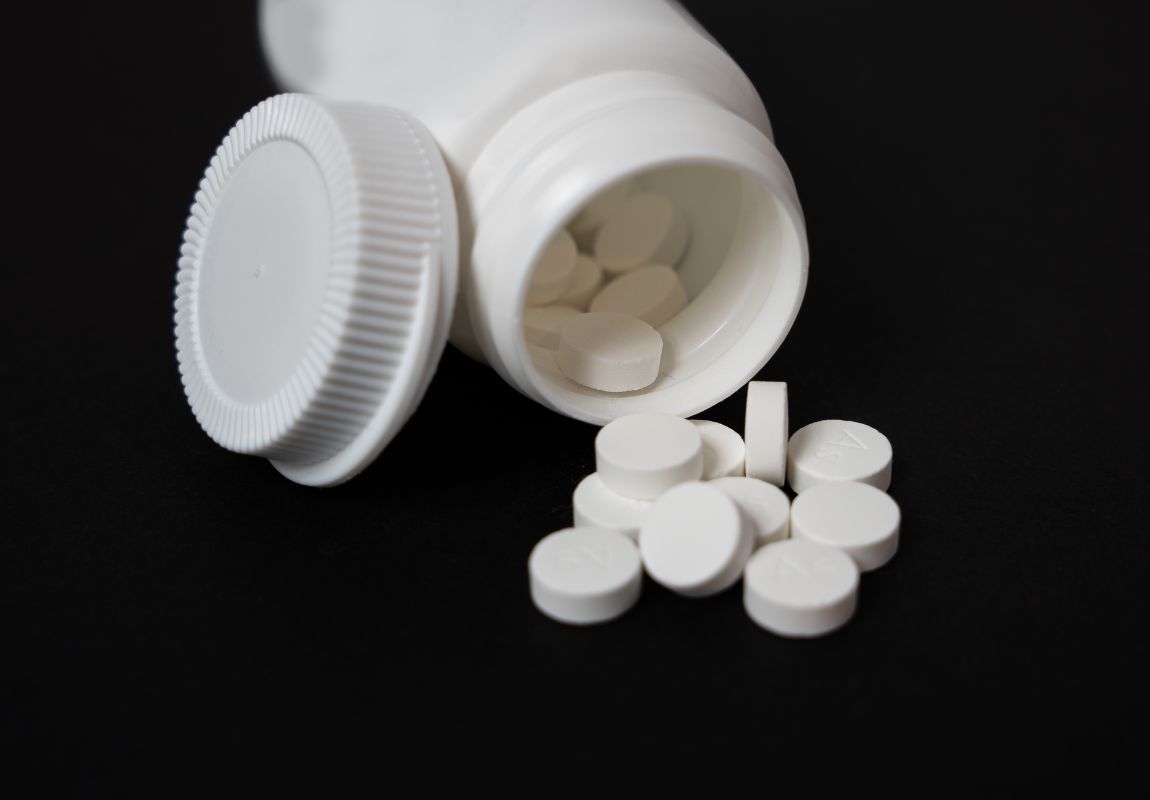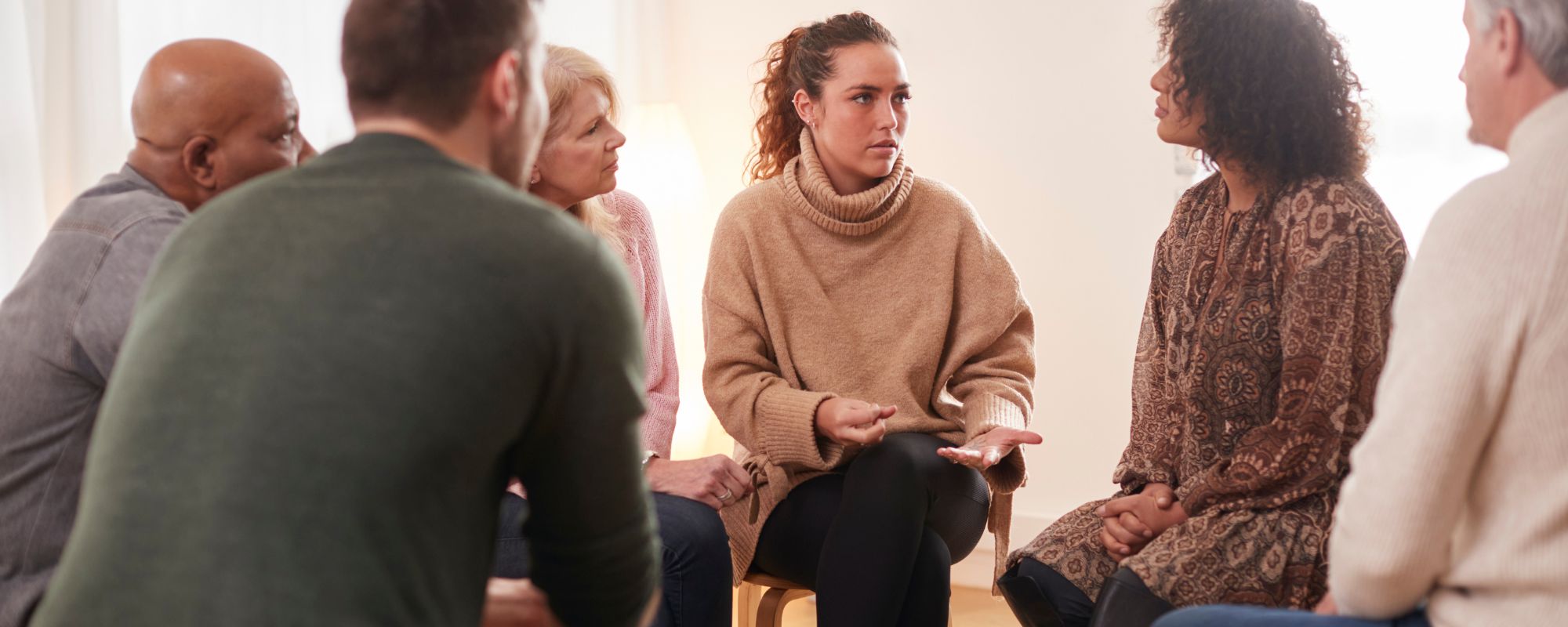Depression and addiction are two issues that exacerbate each other to significantly impair the life of the person you love. If your loved one is battling with their mental health and addiction, it’s hard to understand how to help. Rather than feeling powerless, the best thing you can do is find professional support for your loved one. Let’s explore how rehab treatment centers heal depression and addiction.
What Is Depression?
Depression is a mental health disorder that is medically classified as “depressive disorder” because there’s more than one diagnosis of depression. People can develop depression at all times of life. Some disorders, like atypical depression, tend to have an earlier onset, while postpartum depression originates during one’s child’s birthing years. Notably, 15 percent of youths aged 12-17 have major depressive disorder.
Depression affects over 20 million people in the United States each year, making it one of the most prevalent mental illnesses. Fortunately, it is treatable through mental health rehabilitation.
Are there Different Kinds of Depression?
Depressive disorders encompass multiple depression diagnoses. Individuals can have a variety of depressive disorders. Sometimes, it’s difficult to pinpoint one’s exact diagnosis because many symptoms do overlap from one depressive disorder to another. Types of depressive disorders include the following:
- Major depressive disorder (MDD) – Most people refer to MDD when they speak about depression. Major depressive disorder leads people to have a consistently low mood and energy, with depression symptoms, for at least two weeks at a time.
- Seasonal affective disorder (SAD) – Seasonal affective disorder causes people to experience depression symptoms during different seasons, either “winter depression” or “summer depression.”
- Postpartum depression – Postpartum depression can develop in women and men but most commonly occurs in women during or after their pregnancy. Postpartum depression creates a sense of separation between mother and child because it brings feelings of apathy and fear toward the new baby. It’s also possible to develop postpartum after miscarrying.
- Atypical depression – Atypical depression is similar to MDD, but individuals’ moods often correspond to their life situation. For instance, their depressive episode can lift when something positive happens in their life. It also has symptoms of physical heaviness and rejection sensitivity.
Notably, bipolar disorder I, II, and cyclothymia also include symptoms of depression along with symptoms of mania.
How Is Depression Treated?
If you or a loved one has depression, rest assured that treatment can significantly repair the effect depression has on your life. At Aliya Health Group, our depression counselors treat mental health disorders like depression through a combination of traditional and holistic therapy. Both are equally important to the process of managing one’s disorder because they teach greater self-awareness and coping skills for triggers. Additionally, we provide depression help in the form of our medication-assisted treatment (MAT), which combines medication with therapeutic recovery.
Get confidential help from our addiction and mental health treatment facilities located across the United States. Call to join one of our quality programs today!
Speak With Our Admissions TeamHow Do I Know if My Family Member Has Depression?
It’s not always possible to tell if someone is struggling with a depressive disorder because they may hide their symptoms well. Often, people with mental disorders are aware something is “wrong,” but they don’t want to burden others with their struggles. Or else they don’t want to be seen as “other.” It’s important to help a family member with depression by encouraging them they aren’t wrong; they’re merely battling a very common illness.
As such, some of the common symptoms of depressive disorders are:
- Sadness
- Hopelessness
- Low self-esteem
- Fatigue or heaviness
- Irritability
- Desire to sleep
- Weight changes
- Social isolation
- Thoughts about death or dying
- Suicide attempts
If you recognize these symptoms in your loved one, it’s important to have a gentle conversation. We can help you speak to your loved one about where they can go to receive healing.
What Is Addiction?
Substance addiction is when a person cannot quit using substances, even if they try. Often, individuals know they are in over their heads and want to stop, but they’re unable to do so on their own. This is because many substances are highly addictive by modifying brain messaging until it is dependent on the substance.
What Substances are Addictive?
Many substances are highly addictive, both drugs and alcohol. Some of the major substances that lead to substance use disorder (SUD) are:
- Opioids
- Benzodiazepines
- Stimulants
- Hallucinogenics
- Prescription medications
- Alcohol
Over repeated use, the brain adapts to substances until it needs more to function normally. Alcohol and drug addictions are serious issues that require outside assistance.
How Is Addiction Treated?
You can overcome your substance addiction through comprehensive professional treatment. At Aliya Health Group, our rehabilitation programming includes traditional and holistic therapy to heal the whole self. Therapy and counseling help individuals understand themselves and their destructive habits from their substance abuse. Above all, clients learn to escape the pull of substances and live a fulfilling, sober life.
Looking for quality treatment for substance abuse and mental health that’s also affordable? Aliya Health Group's treatment facilities accept most major insurance providers. Get a free insurance benefits check now!
Check Your CoverageHow Can I Tell if a Loved One Has a Substance Use Disorder?
If you suspect your loved one might have a substance use disorder, it’s important they receive professional help. Some substances are very dangerous when mixed together with alcohol and antidepressants. Polysubstance abuse leads to a greater risk of overdose. Undeniably, your love and support make a difference during the battle with drug or alcohol abuse. These symptoms may indicate a substance use disorder in your loved one:
- Mood swings
- Sneaky or dishonest behavior
- Financial struggles
- An inability to stop using substances
- Trouble keeping up with responsibilities
- Withdrawal symptoms
- A high tolerance to substances
What Is the Link Between Depression and Addiction?
Markedly, depression and substance abuse are linked. On the one hand, substance abuse can lead to mental health disorders like depressive disorders. Both substances and mental disorders cause similar dysregulation in the brain, so it is believed SUDs contribute to mental illness. Further, some of the common withdrawal symptoms from drugs are mental illness symptoms, such as depression, anxiety, and paranoia.
On the other hand, mental disorders like depression can lead to substance addiction when individuals self-medicate their pain. Substances have a numbing effect that can temporarily reduce the harshness of mental illness but is worse in the long run. In reality, substance addiction and mental disorders exacerbate each other.
Dual Diagnosis Treatment for Depression and Addiction
Having more than one illness at the same time is called dual diagnosis. For instance, if your loved one struggles with depression and substance addiction, our dual diagnosis treatment will provide holistic healing.
Supporting a Loved One Battling Depression and Addiction
Knowing how to get help for someone with a mental disorder is challenging, but we aim to remove the uncertainty from the situation. As such, we help families with depression by providing comprehensive treatment for their loved ones. Depression and substance abuse will aggravate each other until the individual receives help. Our programming sets and follows treatment plan goals for depression through traditional and holistic therapy.
Psychotherapy for Depression and Addiction
Psychotherapy is traditional talk therapy, similar to cognitive behavioral therapy (CBT). It is evidence-based for treating mental health disorders, including depression. The emphasis of treatment is understanding the client’s negative thinking and behavior patterns to modify their actions. Additionally, medication can be combined with treatment for the management of depression symptoms.
Holistic Therapy for Depression and Addiction
Further, all of our clients engage in holistic therapy activities for total body healing. Practices like meditation, yoga, sound therapy, massage therapy, and tai chi all teach stress relief and inner-centeredness. Clients can continue to find restoration through these activities after leaving treatment for any addiction or mental health conditions. Co-occurring mental disorders and addiction need to be treated at the same time for the most effective recovery. We have treatment options for mental illness and substance misuse that can help you turn things around.
If you have more questions about how to help your loved one with depression and addiction, please reach out to our mental health professionals today. We have a place for them at our mental health addiction treatment facility.


